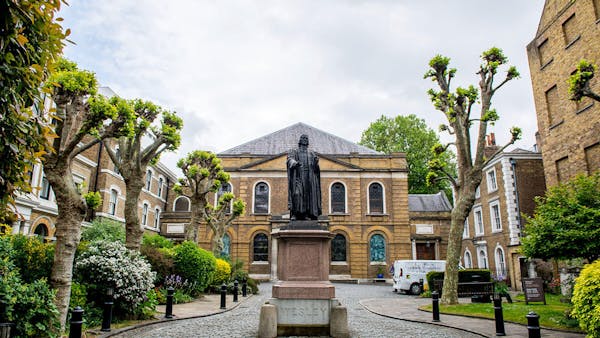WHO WERE THE PURITANS?
One thing that history tells us about the Puritans is that a small group set sail from England aboard the Mayflower in search of a New World. Their main goal was to escape the absolutism that was subtly rising in England in favor of a country with more civil and religious liberty.
Today the word Puritan is almost the equivalent of a swear word. To be called a Puritan or described as Puritanical is meant to come across as an insult and not a compliment. Puritans are considered to have been the acerbic conservatives of their day, bleached to a pale shade of lemon and self-righteously policing the slightest hint of what they considered sin. To the average Elizabethan Englishman, being Puritan was almost as bad as being Catholic and the general population wanted to have nothing to do with either extreme.
However, much of this caricaturing had little to do with actual reality. Puritans liked to dress well, eat well and socialize as much as their Elizabethan peers but what set them apart was their deep commitment to the Word of God. In the mind of the Puritan, the most paramount thing in life was to live in complete submission to the will of God as revealed in the Bible. Nothing else mattered and they wanted the church and society as a whole to embrace this principle and organize their lives accordingly. They were by no means a well-oiled machine of clogs and wheels ticking in unison. On the contrary, they came in different shapes, sizes, and theological leanings but what united them was the Bible and their belief in Civil and Religious liberty.
HOW DID PURITANISM RISE IN ENGLAND?
When Mary Tudor became Queen of England in 1553 her reign became a game changer in the religious affiliations of the nation. She hated Protestantism and she was determined to cleanse England of the heresy which she did with fire and brimstone.
Protestants fled to Geneva in droves and were welcomed with open arms by others who had suffered the same kind of fate in countries like France. Geneva was also a model city, the kind of Protestant haven that showcased the power of the gospel not just in people’s individual lives but also in society as a whole. Many of the Marian exiles were deeply inspired by their time in Geneva and it made a lasting impression on their minds. If Geneva could flourish so amazingly under the principles of the Reformation then what of their beloved England? It was a stirring thought.

